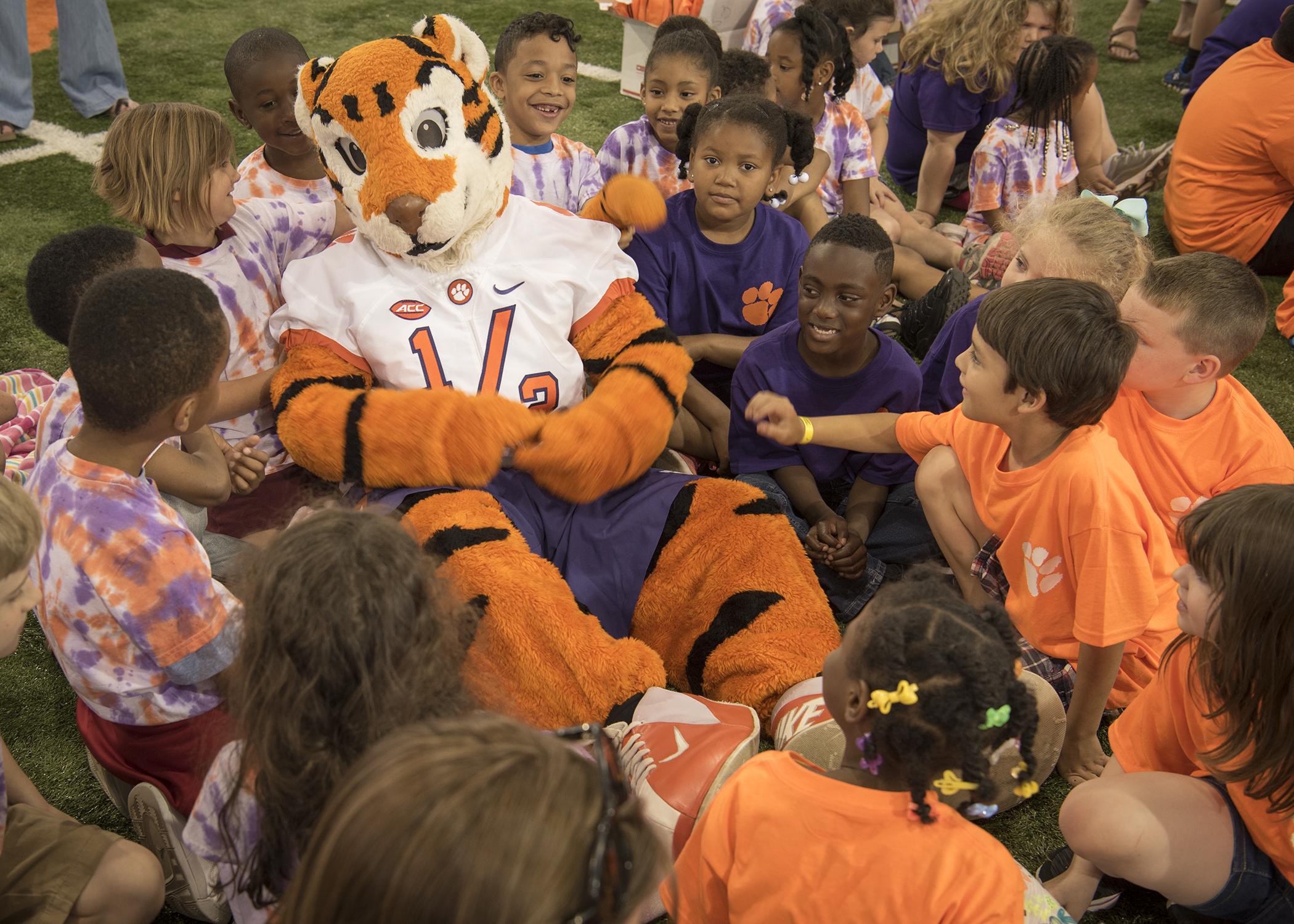Our Work
Focusing on youth.
Recognition and respect of different racial and ethnic cultural groups is important for developing quality youth development supports, opportunities, programs and services in a culturally competent manner.
This requires an understanding of culturally based strengths, assets, resources and desires of specific groups rather than imagined or perceived problems or risks, as well as focusing on principles that assist in transforming our way of thinking:
- Respecting the culturally defined needs of a particular community.
- Conducting cultural self-assessment, acknowledging and accepting that cultural differences exist, and have an impact on how services are delivered and received.
- Recognizing that the concepts of individual, family and community often differ across cultural groups.
- Adapting services to fit the cultural diversity of the youth, families and communities served.

